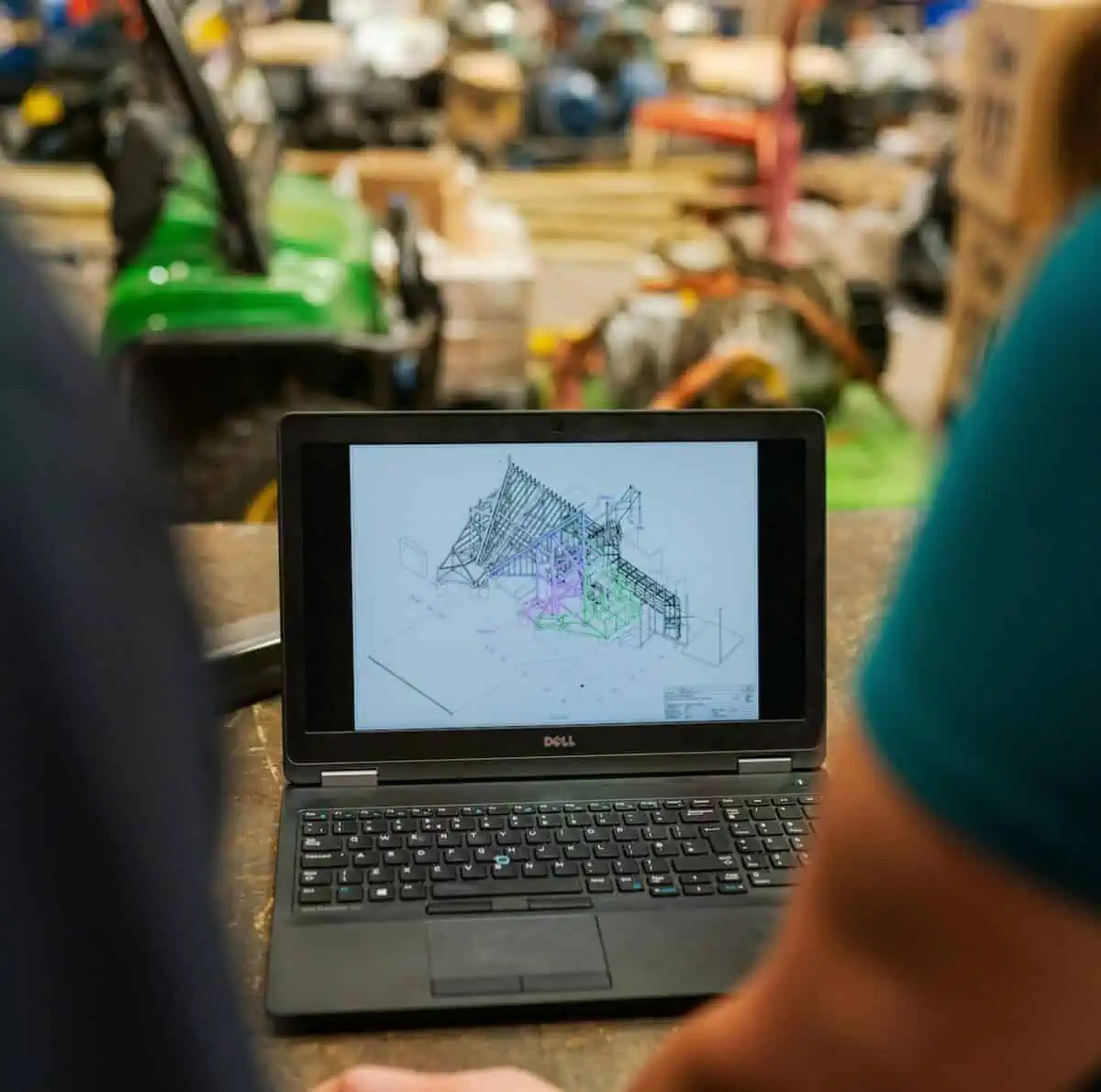If you are building or configuring an industrial PC, a lot of thought must go into what parts to choose. Every industrial PC is made for specific, unique purposes, meaning there is no correct answer when choosing the right parts.
Instead, consider how to use the industrial PC and the best pieces to fit that purpose. For example, an industrial PC used for transportation may look very different from one used in manufacturing.
What is an Industrial PC?
An industrial PC is a more robust, rugged version of a standard PC, built specifically to withstand industrial environments. Industrial PCs often have to work in extreme conditions, such as high vibrations and frequent temperature changes.
However, there is still plenty of crossover between an industrial and standard PC; industrial PCs still have all the parts you’d expect, such as a storage unit, an input unit, an output unit, RAM, GPU, and a CPU.
Thanks to their robust nature, industrial PCs are used by various industries, including food processing, automotive, medical, manufacturing, and transportation.
What to Consider When Shopping for Industrial PC Components
Ready to start building an industrial PC? Here is what to think about when shopping for the components.
Storage
First, consider how much storage you will need. Standard PCs often use solid-state drives or hard disk drives, but for an industrial PC, you will likely need to invest in other components like the M.2 SDD or NVMe protocol SSD, as these will accommodate industrial-level storage needs.
Environmental Conditions
Industrial PCs are built to withstand extreme environmental conditions. When picking the components, consider the exact conditions of where the PC will be stationed. Will there be a lot of vibration? Will the PC have to stay powered through extraordinarily high or low temperatures?
Considering these environmental conditions is extremely important, as it means you will build a PC that’s fit for purpose. Suppliers of industrial and embedded computers and components specific to industrial environments, such as things-embedded.com, cater to a wide array of industries and applications.
Processing Power
Next, consider how much horsepower you will need. You’ll likely require a high-power CPU that can handle multiple complex functions. To determine precisely how much power you need, consider what applications you will run on the industrial PC.
Memory Capacity
It’s important to build an industrial PC with enough memory to meet requirements. For perspective, standard base computers tend to have around 4-8GB of RAM, but your industrial PC will likely need 64GB or higher. Of course, you can always separately invest in a memory RAM upgrade if you need more.
Network Connections
How will your industrial PC connect to the internet? That’s an important consideration when purchasing PC components. Of course, Wi-Fi is an option, but it usually provides a low bandwidth, low power, and interference, so it is not really the best option for industrial PCs.
On the other hand, wired ethernet provides higher bandwidth and more reliability (but is bulky). You also have the options of LoRa and Cellular connections.
Overall Quality
Finally, always consider the quality of the components. Industrial PCs must perform reliably to meet demand, so you want durable, powerful features that can handle complex tasks.
So, do your research on the best components and find a quality supplier that will provide the PC components for a reliable, durable industrial PC.
Article and permission to publish here provided by Carol Trehearn. Originally written for Supply Chain Game Changer and published on February 20, 2024.
Cover photo by ThisisEngineering RAEng on Unsplash.

